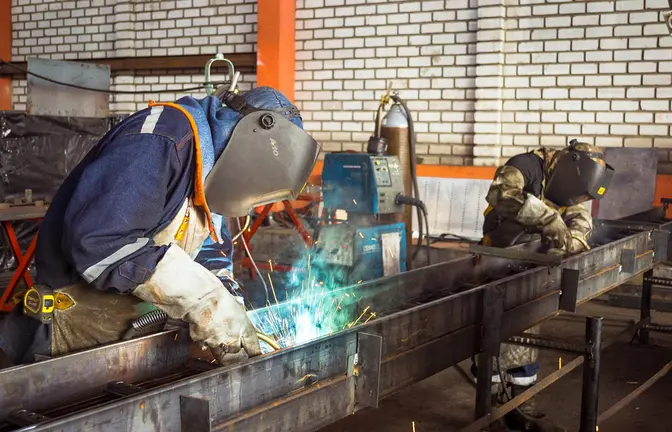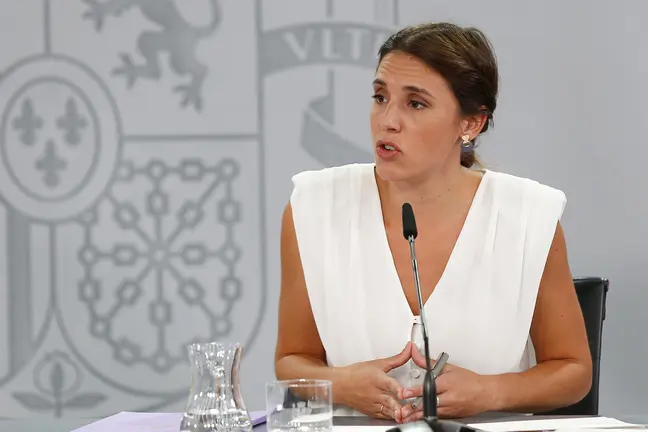Inflation in Spain has continued to rise steadily since the outbreak of the war in Ukraine, which has pushed up the prices of almost all products, but especially energy.
The estimated annual inflation in March 2022 is 9.8%, according to the flash estimate of the Consumer Price Index (CPI) published on Wednesday by the National Institute of Statistics (INE).
If this rate is confirmed on 13 April, when the INE is scheduled to publish all the details of the price hike, it would be the highest since May 1985. The rate had been forecast to climb to 8%.
On Wednesday, the INE explained in a brief statement that this development is due to general price increases in most products and services in the shopping cart. Among them, the Spanish statistical office highlights the increases in the prices of electricity, fuels and food and non-alcoholic beverages, which are much higher this month than in March 2021.
The statistical office does not mention in its flash estimate the possible causes of this development. But the Spanish government, for its part, insists on blaming the war in Ukraine. Prime Minister Pedro Sanchez said on Wednesday in the lower house of Parliament (Congress of Deputies) that 73% of this inflation is due to the Russian invasion.
Core inflation 3.4%
Overwhelmed by this development, the government headed by Prime Minister Pedro Sanchez has approved on Tuesday a 16-billion package of state aid and loans, which includes discounts of 20 cents per liter of fuel for all consumers.
The war has undoubtedly affected the energy market, but is also affecting the rest of the products and services. This is demonstrated by the development of the core inflation, also shown in the INE estimate.
The estimated annual rate of core inflation (an index that excludes the most volatile components such as energy and unprocessed food from the calculation) increased four tenths, to 3.4%. If this rate is confirmed in April, it would be the highest since September 2008.
EU harmonized inflation
Month-on-month, consumer prices recorded a 3% rise in March compared to February, following a 0.8% rise in the previous month.
EU harmonized inflation also increased to 9.8%, from 7.6% a month ago. The expected rate had been 8.1%.
On a monthly basis, the harmonized index of consumer prices increased 3.9%, faster than the 0.8% rise in February, and the economists' forecast of 2.8%.











